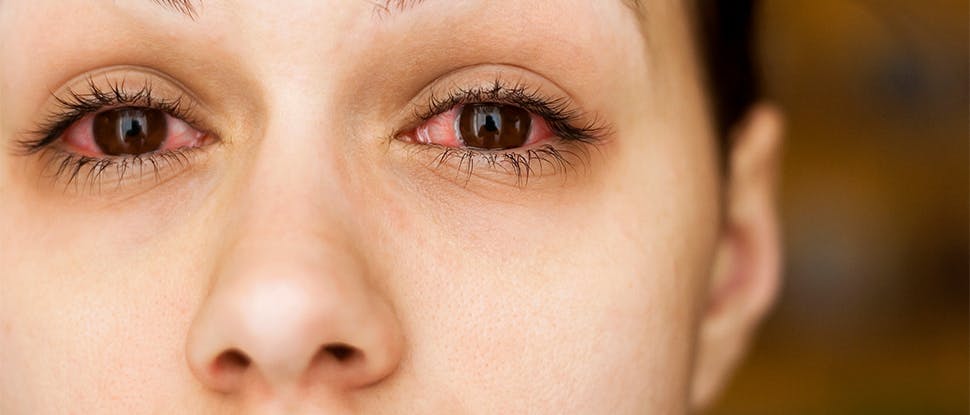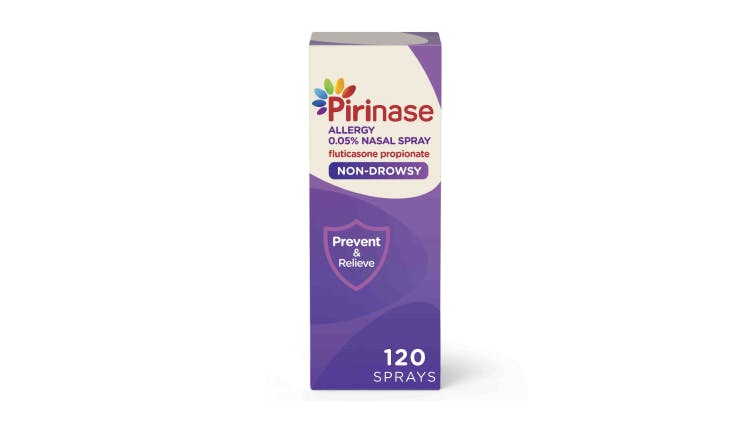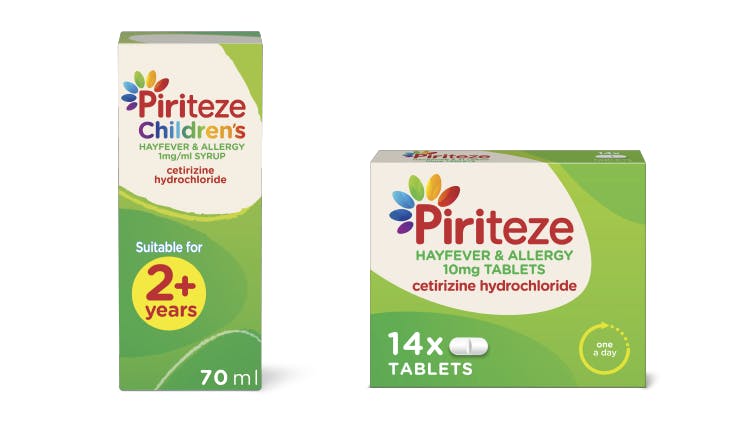Allergy reactions: Signs and symptoms

Recognising allergy reactions
Allergy symptoms, including hayfever symptoms, can include:1
- Itchy, red or watery eyes
- Nasal symptoms such as sneezing, congestion or runny nose
- Skin reactions such as rashes, itching and hives
Severe allergy symptoms may even include difficulty breathing (anaphylaxis).1

Symptoms of allergic rhinitis
Allergic rhinitis (AR), including hayfever, is defined as an IgE antibody‐mediated, inflammatory disease characterised by one or more of the following symptoms: nasal congestion, rhinorrhoea (runny nose), and sneezing and itching.2
In addition to these more obvious symptoms, there are a few other surprising symptoms that may be due to allergic rhinitis, namely:3,4
- Chronic fatigue
- Asthma
- Upper respiratory infection
- Bronchitis
- Sinus infection
- Depression
- Sleeping problems
- Difficulty concentrating
- Lack of exercise endurance
Sufferers may be unaware that untreated allergies can increase the risk for more serious diseases, such as anaphylaxis, asthma, sinusitis, altered mood, and cognitive impairment.3

Seasonal allergic rhinitis (SAR) vs perennial allergic rhinitis (PAR)
Allergic rhinitis (AR) can be either seasonal or perennial (i.e. year‐round) in duration.5
SAR and PAR can be distinguished based on the allergens that trigger symptoms, by how long the symptoms last, and by what time of year the symptoms occur at. 5
- SAR patients react to outdoor allergens like fungal spores and pollens, which fluctuate throughout the year.
- PAR patients have continuous or intermittent symptoms; they are affected by indoor allergens such as dust mites, house dust, animal dander, and mold.
There is evidence that PAR patients will require allergy medications throughout the year, while SAR patients will require allergy medications predominantly around pollen allergy seasons: late March to mid-May for tree pollen, Mid-May to July for grass and June to September for weeds pollen.6




